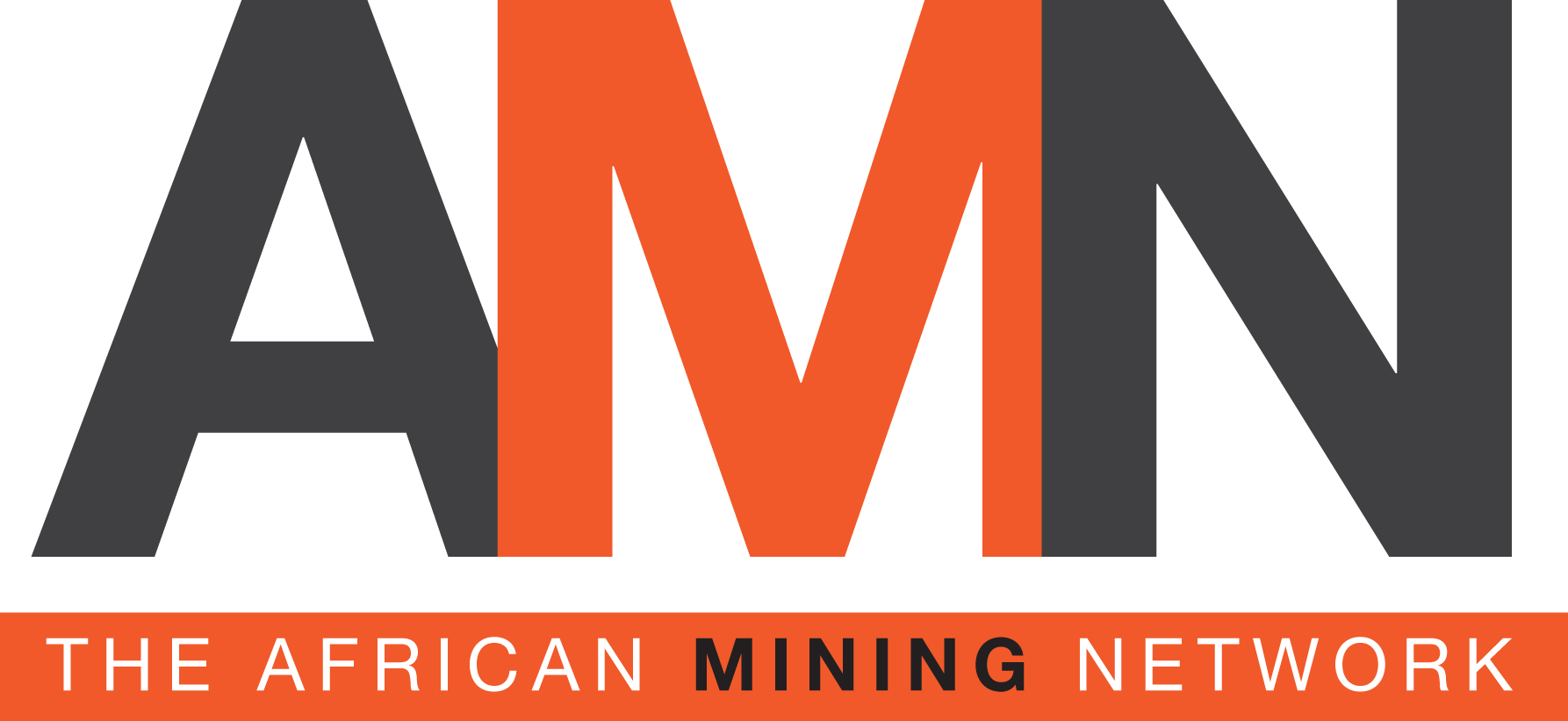- Yolanda Torrisi
- +61 412 261 870
- yolanda@yolandatorrisi.com
- Nina van Wyk
- +27 82 926 3882
- nina@africanminingnetwork.com
Wishbone Gold is introducing its unique artisanal gold mining model to Uganda, which will become the second African country behind Mali to benefit more fully from the practices of artisanal miners.
Rather than banning the practice, Wishbone’s model seeks to licence the miners, regulating them and bringing them into the fold that will create employment.
The company presented its model to Ugandan President Yoweri Museveni last October and now has a team on the ground exploring potential sites where artisanal miners are operating.
Wishbone Gold CEO Richard Poulden said: “They will probably be unlicensed miners but we will change that and give them legal licences.”
The company’s conditions are no mercury, no slash and burn, no destruction of the environment, and the miners have to pay taxes. “However, they will be making a lot more money than before, so, if I was an artisanal miner I’d think that it is a good idea,” he said.
“Once we have decided which sites in Uganda to work with, hopefully, we will have some output by the middle of the year.
“We are the only company in London that gives exposure to exploration and trading and reverse integration in artisanal mining.”
Wishbone is aiming to implement its model to support artisanal and small scale mines across Africa. These operations are estimated to directly employ more than 8 million people and produce 5% of all global gold.
“The equipment we put in is simple to use,” Richard Poulden said. “The miners like it because we are increasing the throughput by up to six times, in some places it might be much more. The quantum of money that the miners receive is much bigger.
“From the government’s point of view, they are getting their taxes paid and they can include the numbers in their GDP.
“Currently, if gold is being smuggled illegally and no taxes are being paid, the governments don’t know what the potential figure could be for their economy.
“If they can start to include this number in their annual GDP figure and it goes up, the World Bank and IMF will be happy and more willing to help countries that need to borrow money.
“It also means that their economy is performing better and it is something that can make a fundamental change in the running of the country.”
Wishbone originally established its model in Honduras where miners have agreed to 10-year contracts with some mine owners and are talking to those that have licensed mines, but are not up and running yet.
The CEO said: “Our vision is that we don’t want to own mines. We just want mines to commit to a long-term supply contract.”
The company’s role in countries such as Uganda and Mali will be providing training for miners on how to use the mining equipment.
“We’re not just giving people equipment and keeping our fingers crossed. We have people in each country, running the operation,” he said.
In return for providing investment, managerial support, equipment and staff training, Wishbone receives the output of gold from the artisan mines. Once purified, the gold will then be sold through Dubai via Wishbone to the increasing market in India and China.
“At Wishbone Gold, we aim to reinvigorate artisanal mining. In places where they have decided that the solution is to stop it altogether, we believe that’s not the way to do things, you are suppressing the employment where there are legal licensed miners. Why would you stop them?

